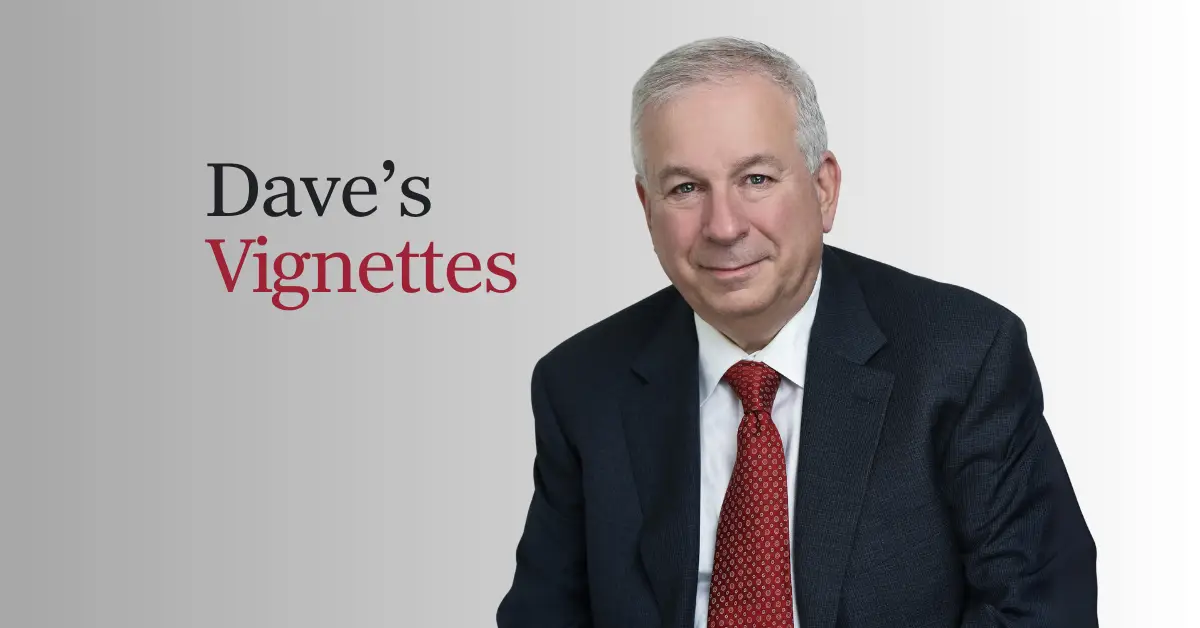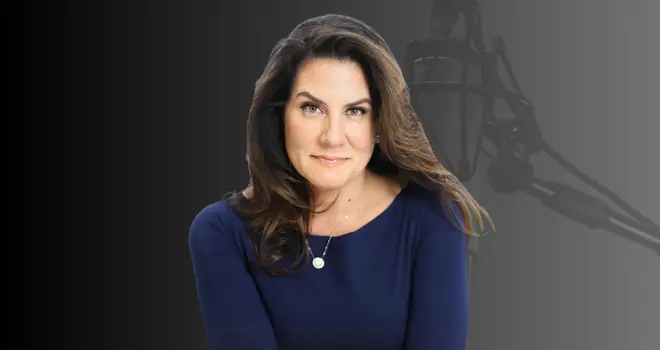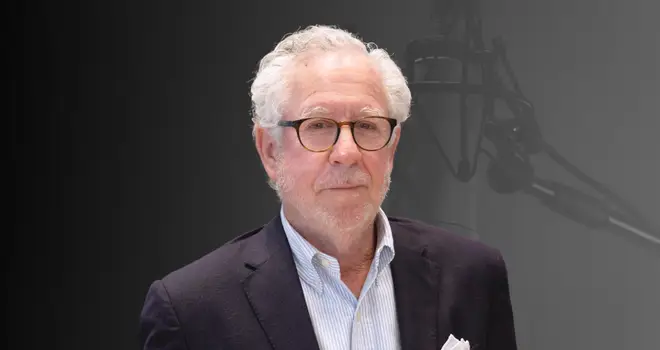If you have never seen the movie The King’s Speech, I highly recommend it alongside the reruns of It’s a Wonderful Life and A Christmas Carol. The classic won four Academy Awards, including Best Picture, exactly a decade ago. In a nutshell, it’s about how King George VI managed to cope with a stammer, to only then, through intense therapy and learning, deliver the sermon of his life when Britain declared war on Germany in 1939.
So, what does this have to do with me?
Well, it resonates because I had a similar problem way back in the day. Not the stutter and stammer. Just an inability to deliver a speech that could get the crowd excited. Scratch that. Never mind excited. Let’s say to keep their attention for more than five minutes. The time of the year is also relevant because it was just before the holidays in 1989 that I gave my very first speech in front of an audience.
I was toiling at that point as an Intermediate Economist at the Bank of Nova Scotia, a young and rather inexperienced 29-year-old. The Chief Economist at the time, Warren Jestin, was asked to give a speech for some association, I’m thinking it was the Kiwanis Club. The event was in Brampton, Ontario, a town about 30 miles northwest of Toronto, at the Marriott, if memory serves me correctly. It was the club’s annual Christmas party. What the association had to do with the Bank of Nova Scotia at the time, who knows? But Warren didn’t want to do it. He came to me in mid-December and said: “Dave, you’re about to give your first speech,” and handed it off to me.
This was exactly 31 years ago, and I remember it as if it were yesterday. My initial nervousness turned to excitement. I spent days writing and rewriting my speech.
There were 200 people or so in the ballroom and a partition at the back (I’ll come back to that). I was at the head table, heart pounding, barely touched my meal (just as well — I ended up with a career of eating rubber chickens at events like this). Before long, I was introduced by the MC and heading up to the podium. I pulled my reams of paper out of my side pocket and put my handwritten notes on the lectern. And I began my speech.
“Good evening, ladies and gentlemen. It is with tremendous honour that I deliver to you this evening the global economic outlook for 1990 as we see it at the Bank of Nova Scotia’s economics department.
We are of the view that in the aftermath of the rapid tightening in monetary policy this past year by the Bank of Canada, real GDP growth will moderate to 2.25% in 1990 from 3.25% in 1989. This slowdown will be reinforced by the complications surrounding the implementation of the U.S. – Canada free trade agreement and of course the distortions which will most assuredly create much economic volatility from the looming Goods and Services tax.
We are of the view that consumer spending will slow to 2.15% from 3.35% these past twelve months, as the household sector responds to the lagged impacts of the rise in interest rates and the rise in the unemployment rate.
The housing market will not be unaffected. Indeed, the employment situation will be rather dire and this will very likely weigh on the residential real estate sector. We cannot be sure how the business sector will be responding but we are seeing many, many signs of reduced capital spending intentions and have noticed particularly disappointing trend in primary metals, fabricated metals, pipeline equipment, cement and concrete, transistors, heavy trucking, railroad track, electrical and electronic products, corrugated boxes and the like.”
You can see where this is going. I went on and on like this and was reading every word. Every detailed word. Every detailed and rather boring word. And I droned on:
“Now allow me to describe the outlook for inflation, the way we see it at the Bank of Nova Scotia’s economics department. But before I get into the most recent developments on labor union contracts, let me first describe what we are seeing in terms of the behavior of the monetary aggregates…”
I could have sworn I heard someone whisper “please don’t.” I went on and on and on. I noticed that I was already a half-hour in and just one-third of the way through my notes. I could see some fidgeting at the round tables, but I continued. Another fifteen minutes and I’m only halfway through. I was barely through the U.S. view and still had Asia and Europe to go!
And then I noticed that someone at the back of the ballroom opened the partition door. And behind it — a brightly lit casino. Blackjack tables. Roulette tables. Craps tables. But I wasn’t deterred and kept on with my monologue.
Five minutes later, trying every now and again to have some eye contact with the crowd without losing where I was in my script, I see a couple of folks sneak to the casino. Then a few more. Then a few more after that. Half the room had left their tables by the time I was almost an hour into my spiel and I just started to speed-read aloud.
Oh, it was painful. If you’ve ever seen this other movie Broadcast News, think of that scene when Albert Books is news anchor for the first time and how he soiled his shirt. Well, I soiled a lot more than that! The sweat was pouring out so much I may as well have been running on a track instead of speaking in a hall. But I kept plugging along.
Soon, and we are talking about 75 minutes of pure hell for these poor Kiwanis folks (I was ruining their Christmas party!), threequarters of the audience was at the casino. When I finally finished, the entire debacle ending with my view on the Japanese stock market (I hope I said it was at an all-time peak, never to be seen again, but I truly don’t remember), there were about fifteen polite souls left in the ballroom.
When I said, “that concludes my remarks, thank you very much and happy holidays,” I don’t think in my entire professional life I ever received such a wild, cheering applause. And then they quickly ran to the back of the room to roll some dice, have a drink and say amongst themselves: “what was that?!”
I had some pretty bad thoughts on the way home, but I won’t go there. Visions of Jimmy Stewart in It’s a Wonderful Life did swirl in my head. I knew I blew it. I mean, it was so bad I almost passed out on stage. I swore to myself I would never again read a speech in front of an audience or go on in such a dull monotone for ninety minutes. What happened next was interesting.
A week later, Warren comes to my office and says: “Dave, I’m giving a breakfast speech up the street at the Four Seasons. Care to join me?” My inner me is going: “Can I? Can I?”
So, I joined Warren who told me to stand at the back of the room and take mental notes. When he came to the stage and behind the podium, he started with a really funny joke and his speech was not only informative but entertaining, too. The entire crowd was fully engaged. Guess what? No notes! His eyes never wandered from the crowd. Warren was also his usual sardonic and sarcastic self, but in a humorous way.
His style just resonated, and he stuck in anecdotes along the way to make it interesting. But I also noticed how tight his message was right at the outset: “These are the three major themes.” Bing, bang, boom! “This is why they are relevant for shaping what’s to come for the economy and the markets.” “Here’s what sets this view apart from the consensus.” Eureka! Oh, I got it right away.
That whole experience never escaped me. And not only did nobody leave the room when Warren spoke — then again, he kept it to 30 minutes — but he got a standing ovation, too. On the walk back to the office together, I just kept on saying to myself: “I want to be him!”
As I said, I didn’t have a stutter like the King. I just had to learn, and it took years to develop a technique to keep a crowd fully engaged. I had other tutors and mentors along the way. Don Coxe was a huge inspiration to me and will always be the best in the business from my perspective. And a few more, including legends like Niall Ferguson and Paul McCulley who are riveting speakers. Needless to say, one never stops learning. To this day, I pick up valuable tips from the best out there, the key is to not copy style. That is something we each own because it’s part of our personality and individuality.
When people ask me what it takes to give a great speech, I hearken back to that initial bomb exactly 31 years ago having had the opportunity to learn from the best and I tell them what I learned then: Drop the notes, talk clearly and with authority, make constant eye contact, and have a differentiated and unique story that provides a conclusion that is relevant for the audience in question. Oh — one other thing. Start with a joke!
Happy holidays, everyone, and to a quick end to COVID-19 in 2021.
Dave


